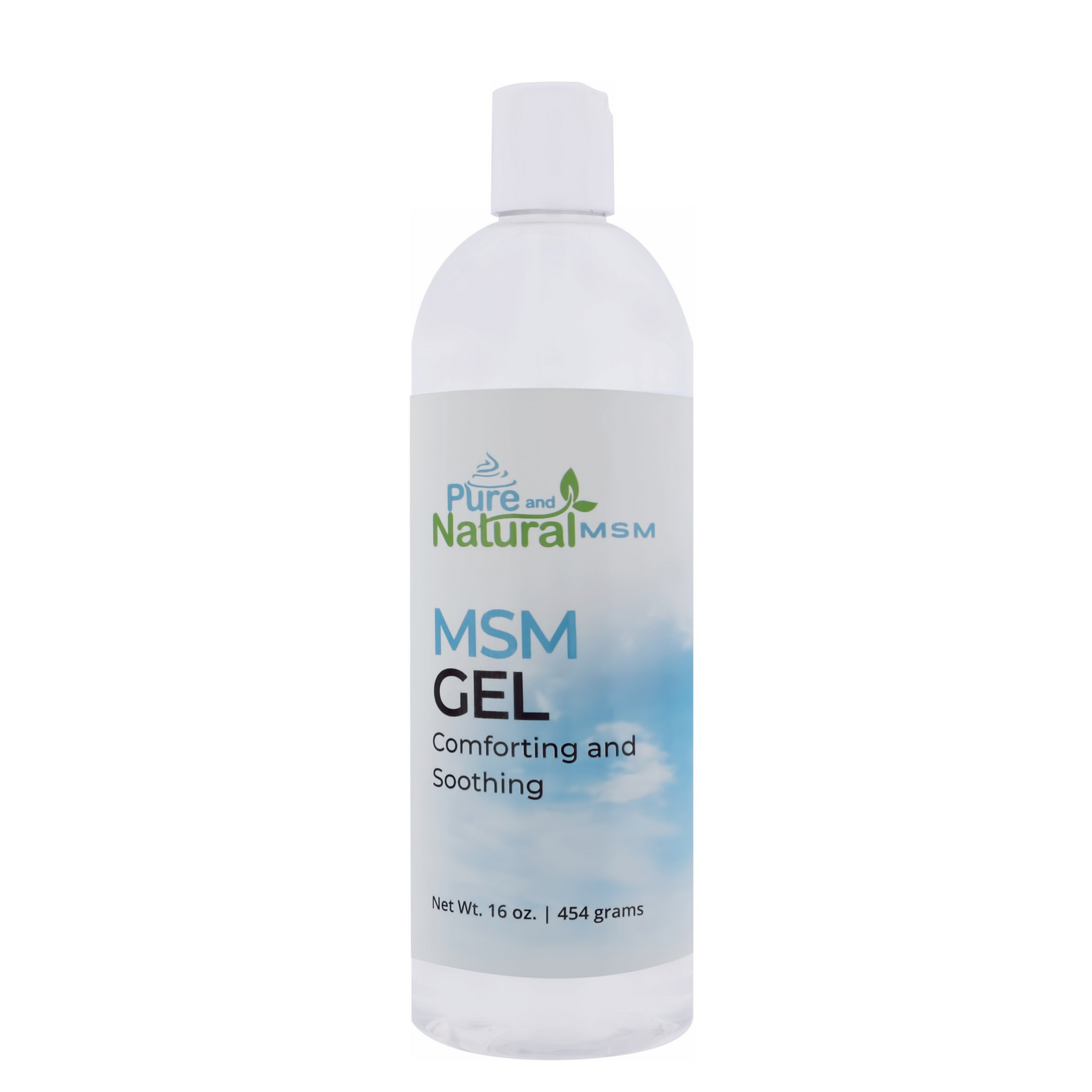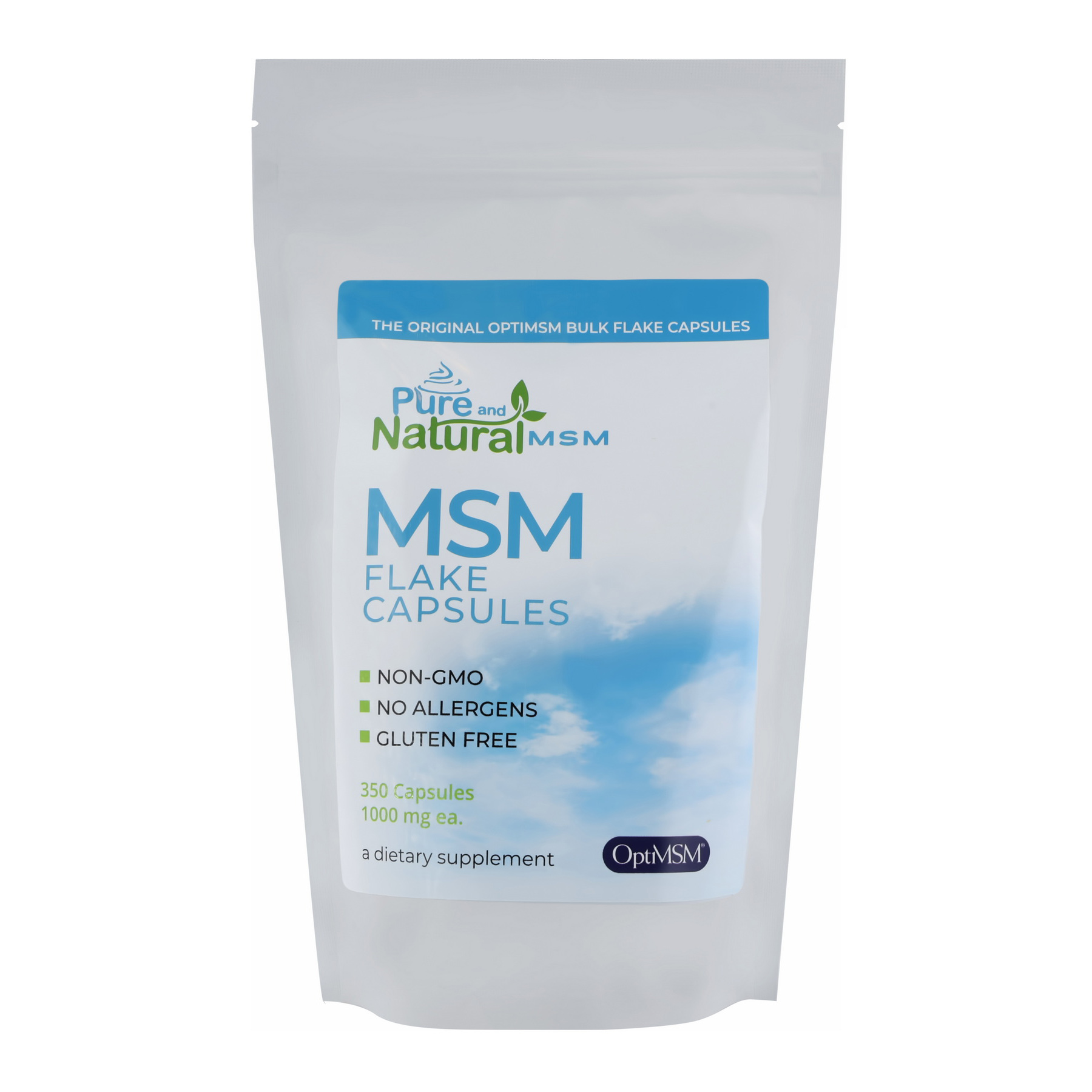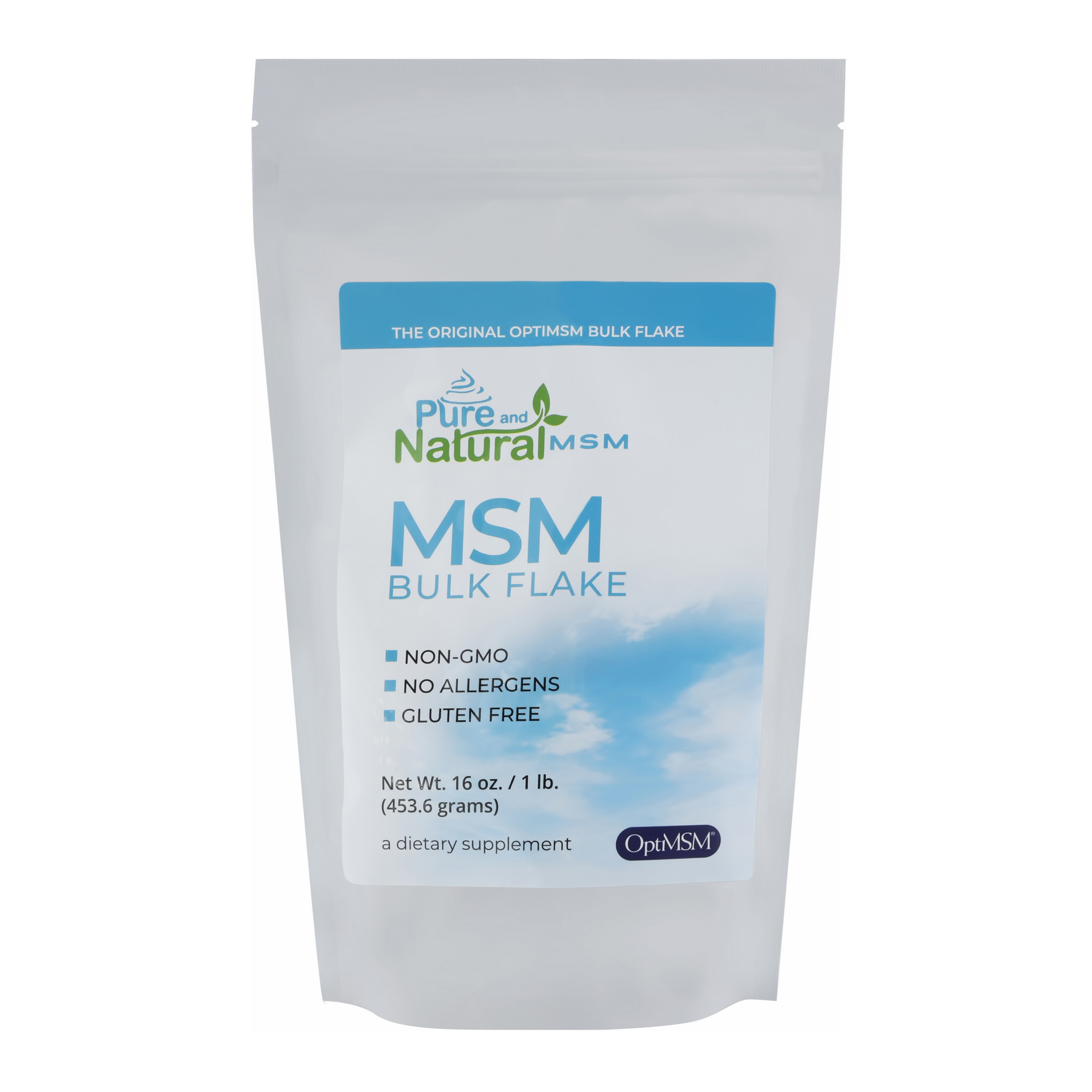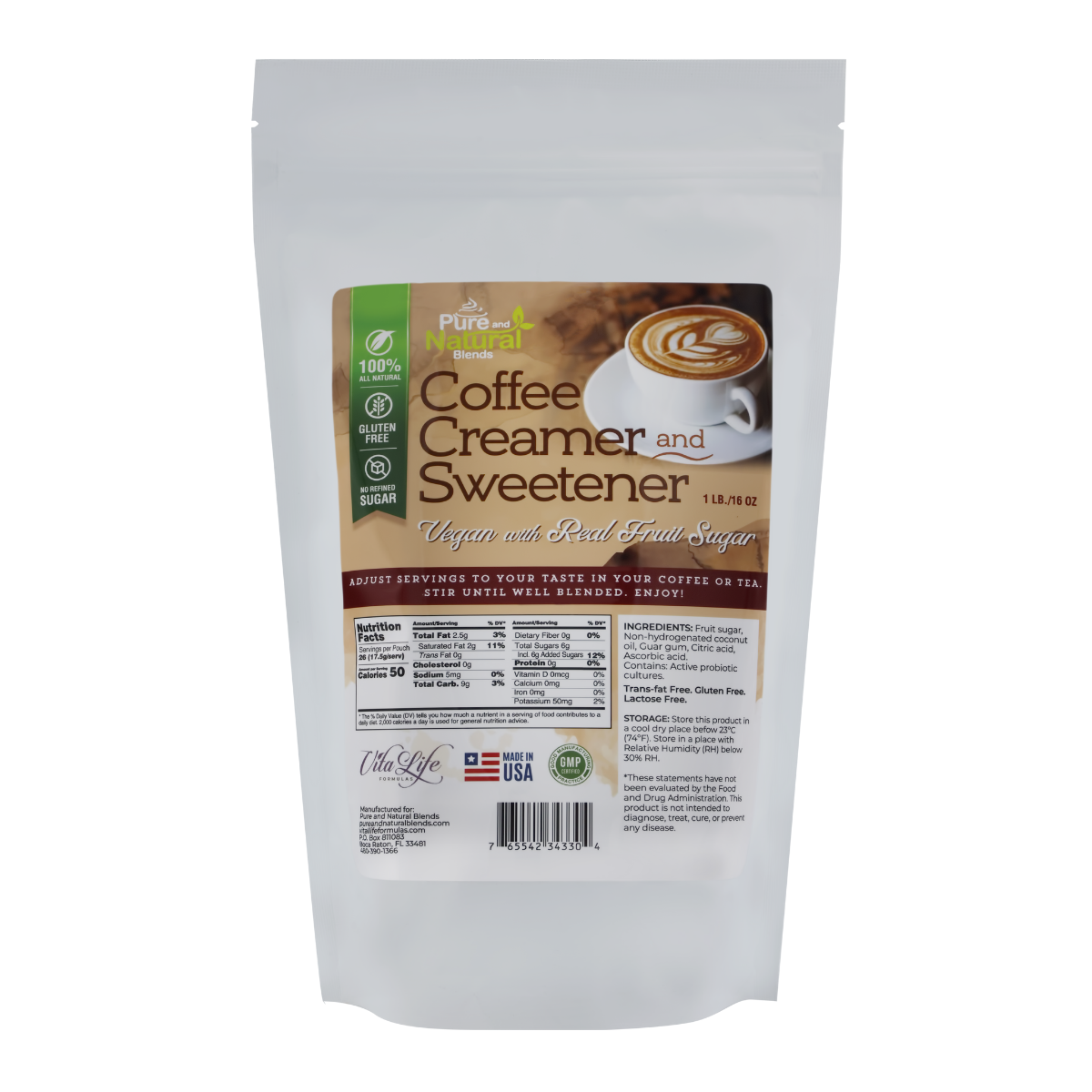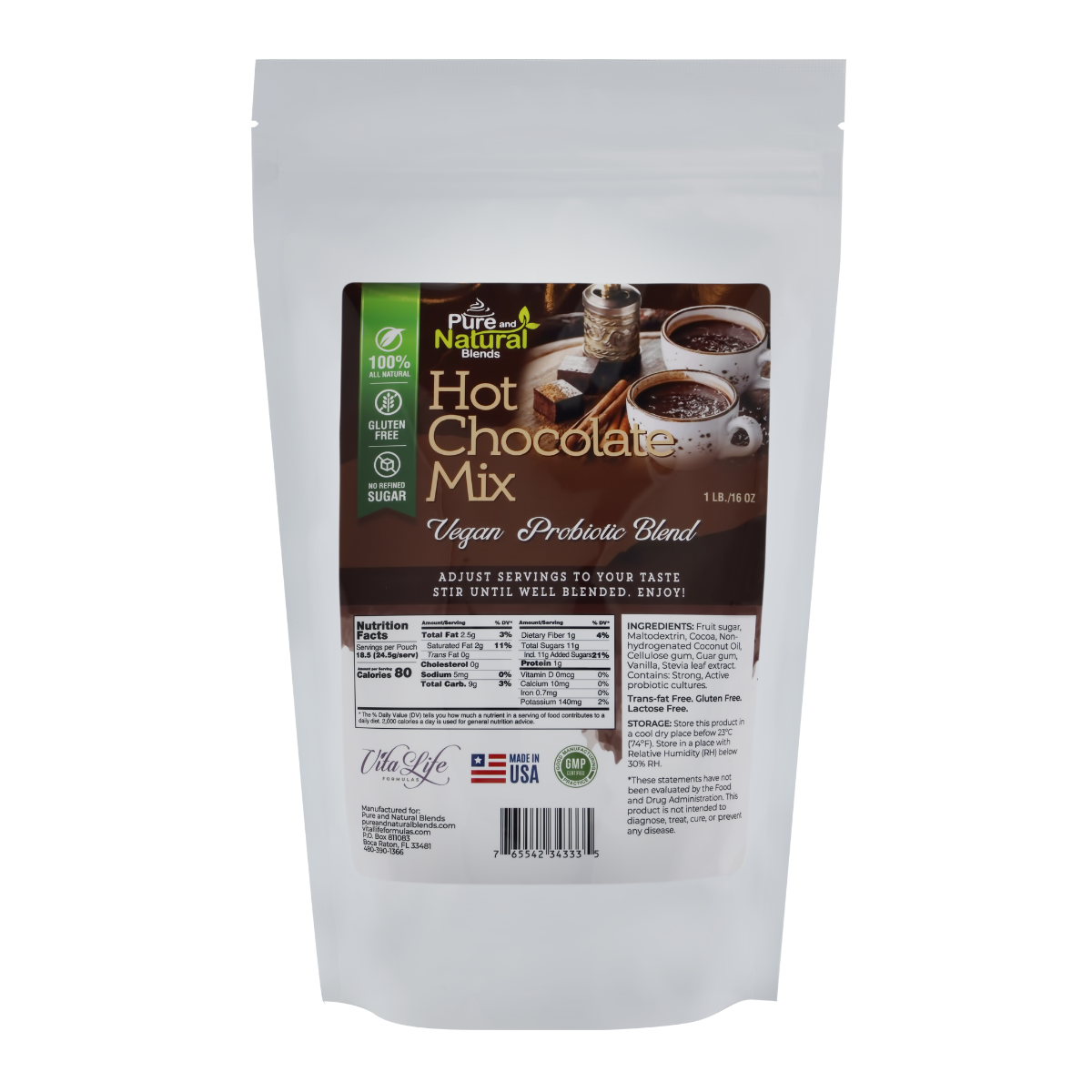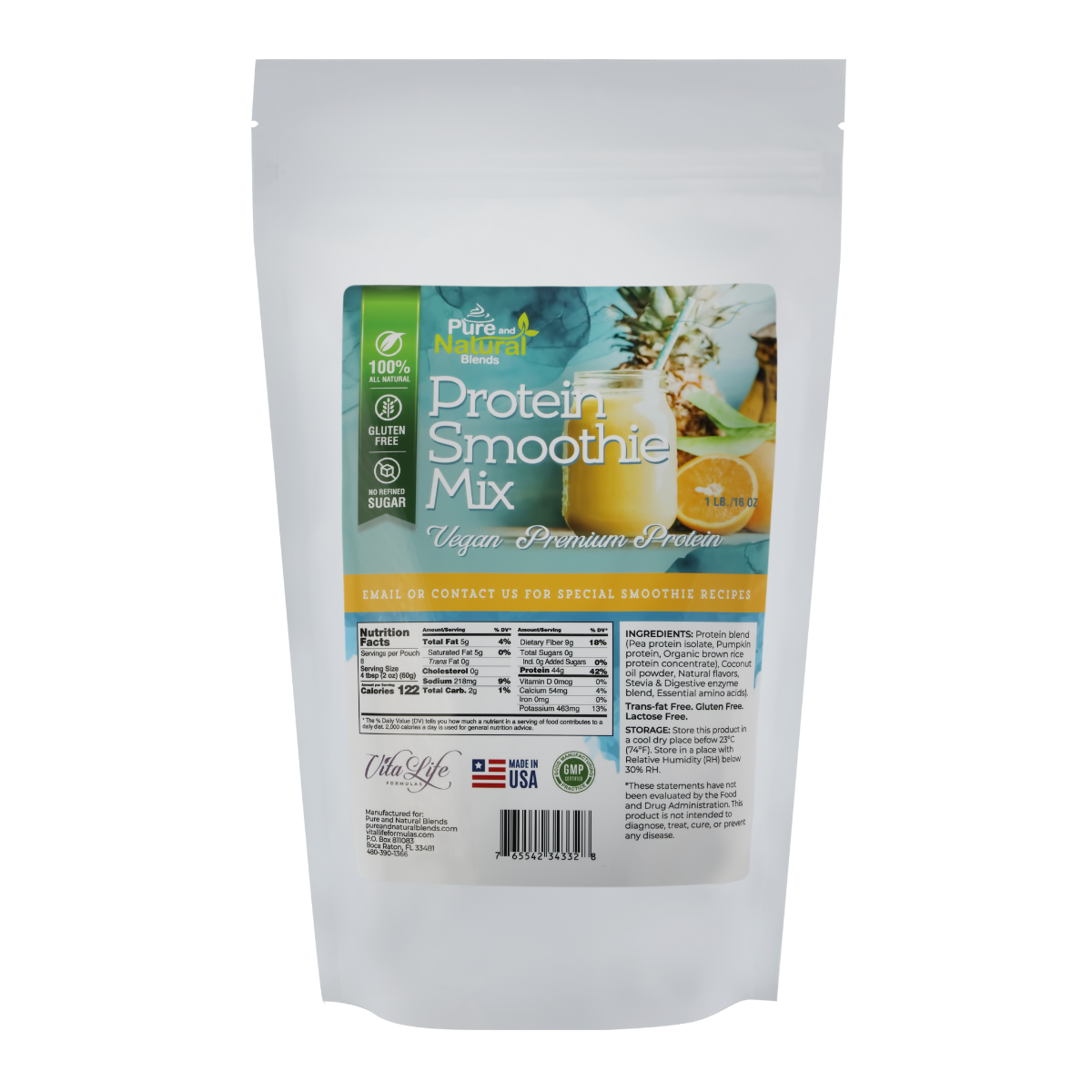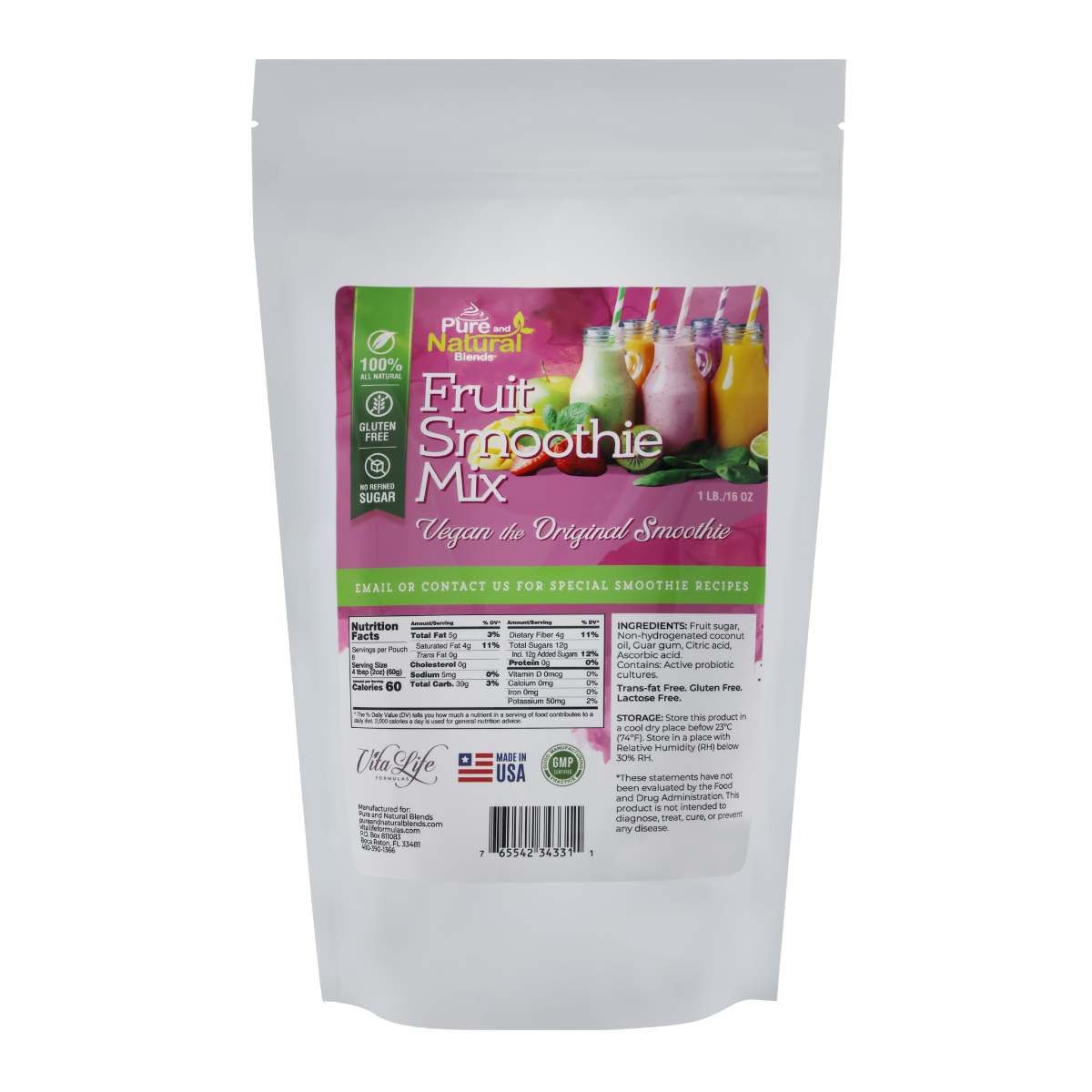MSM and Other Drug Interactions

There are no-known drug interactions with MSM.
There are no documented interactions between MSM and any pharmaceutical agents. And to date, MSM has also shown no significant interactions with herbs, vitamins, or minerals.
Combined with MSM’s documented safety record, it is likely that MSM can be used safely with other products.
Vitamin C:
Some have suggested that vitamin C must be taken along with MSM to aid its absorption, or to “activate” it. There is no evidence of this. Like MSM, vitamin C does play a role in connective tissue synthesis, but the two nutrients work by different mechanisms, and neither “requires” the other in supplement form.
Molybdenum:
Some have said that taking MSM can cause a deficiency of the trace mineral molybdenum. There is no evidence to support this theory. Molybdenum is required as a cofactor for an enzyme —sulfite oxidase—that converts sulfite (toxic) to sulfate (non-toxic) in the body. Taking MSM supplements has not been shown to deplete molybdenum or interfere with the activity of sulfite oxidase. Molybdenum need not be added to an MSM supplements. It is abundant in the food supply and people do not become deficient in this trace mineral except in extremely rare circumstances. Sulfite oxidase deficiency is a rare genetic abnormality.
Glucosamine and chondroitin:
MSM most frequently appears in joint support formulas that also contain glucosamine and chondroitin. This is an obvious nutrient combination, since all three nutrients have been shown to relieve arthritis pain and all three contribute to the health of joint cartilage. Two published studies have looked at the efficacy of glucosamine/MSM and glucosamine/MSM/chondroitin combinations for osteoarthritis.
Although one study (Usha and Naidu, 2004) claims the combination of MSM and glucosamine works better than either alone, two points are important to remember: first, the combination used twice as much nutritional intervention as either single nutrient (i.e., 1,500 mg of each, or 3,000 mg per day total compared to only 1,500 mg per day of the single MSM or glucosamine) so an additive effect would not be surprising; second, the data as presented in the published article are insufficient to support the conclusion that there is synergy. That said, there appears to be no harm in combining these nutrients, and possibly some good may come of it. Clinical research has shown that MSM (or glucosamine or chondroitin) is effective on its own and in combination. Individuals should decide what provides the best results for their own health situation.
Blood thinner
According to the best available evidence from a clinical trial of 6 grams per day (Kim et al, 2006), MSM has no blood thinning effects.


